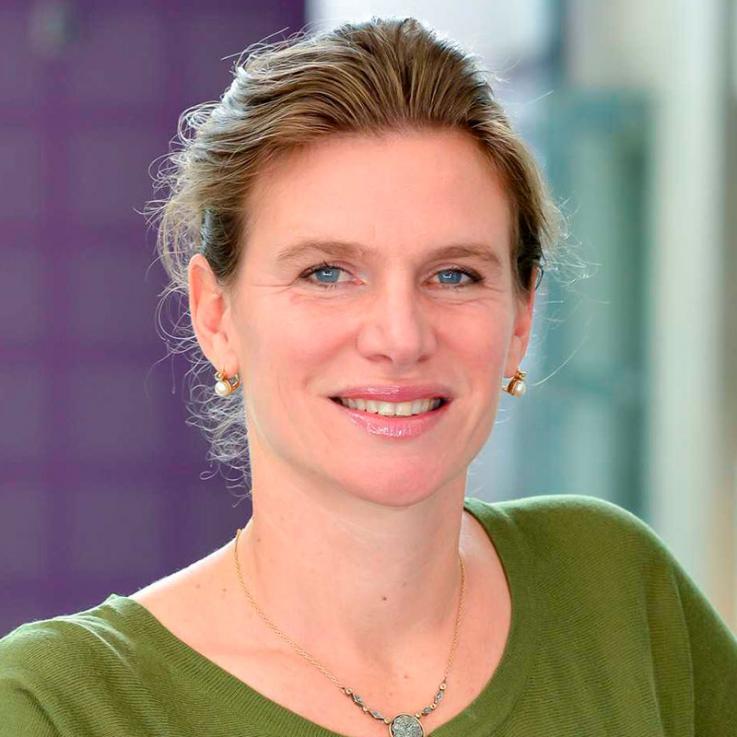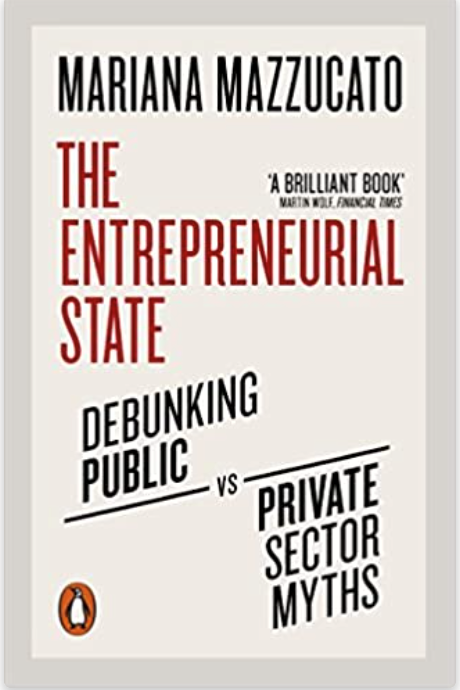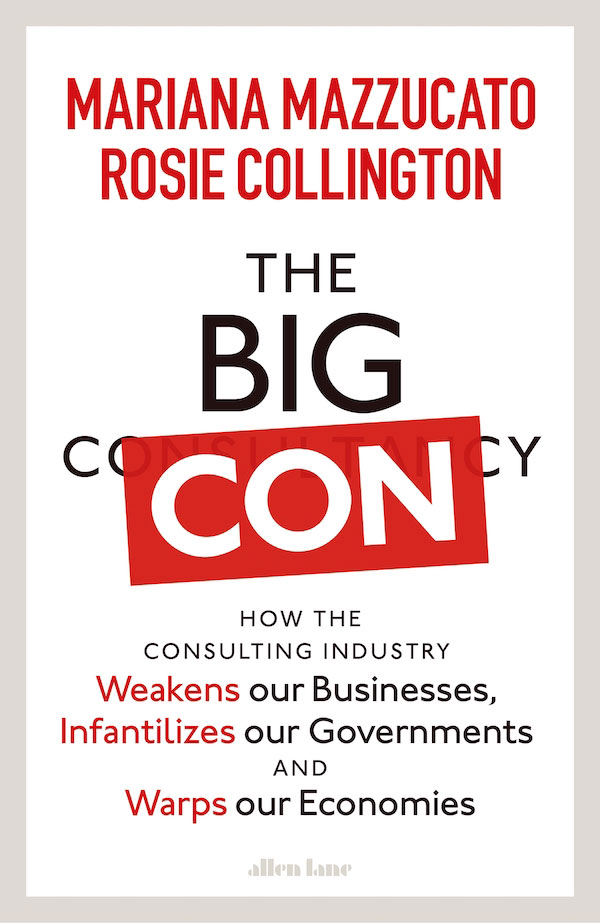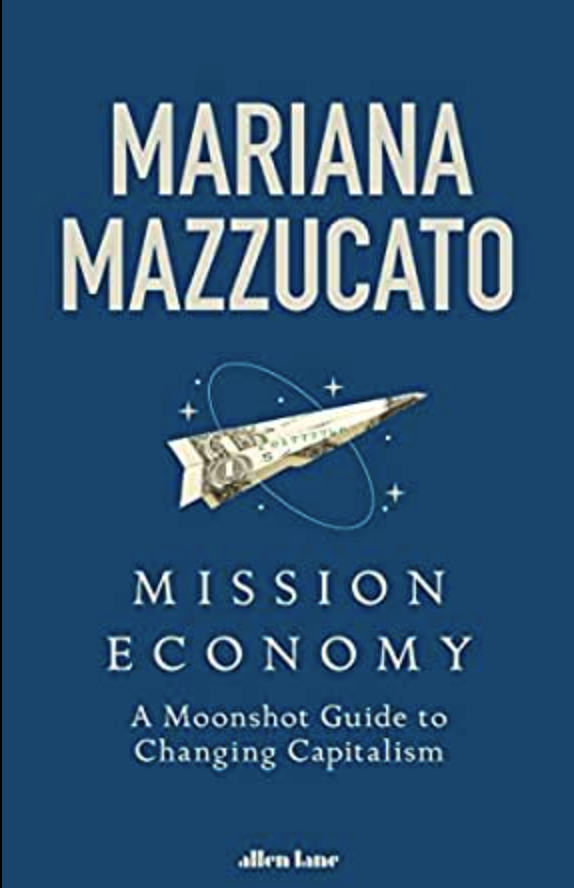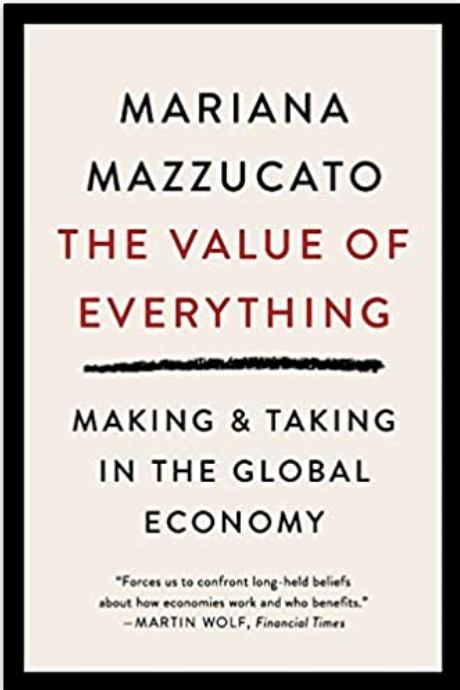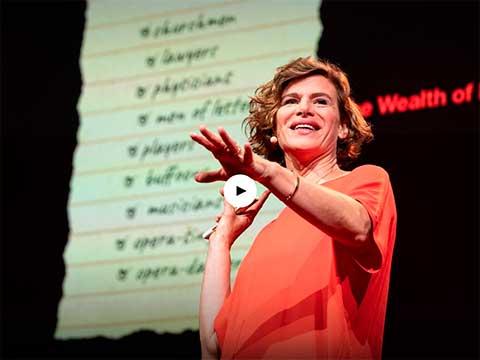Mariana Mazzucato (PhD), one of Top 5 Major Economists according to Forbes, is Professor in the Economics of Innovation and Public Value at University College London (UCL), where she is Founding Director of the UCL Institute for Innovation & Public Purpose (IIPP). She received her BA from Tufts University and her MA and PhD in Economics from the Graduate Faculty of the New School for Social Research. Her previous posts include the RM Phillips Professorial Chair at the Science Policy Research Unit (SPRU) at Sussex University. She is a selected fellow of the UK’s Academy of Social Sciences (FAcSS) and of the Italian National Science Academy (Lincei).
She is winner of international prizes including the 2020 John von Neumann Award, the 2019 All European Academies Madame de Staël Prize for Cultural Values, and the 2018 Leontief Prize for Advancing the Frontiers of Economic Thought. She was named as one of the ‘3 most important thinkers about innovation’ by The New Republic, one of the 50 most creative people in business in 2020 by Fast Company, and one of the 25 leaders shaping the future of capitalism by WIRED.
She is the author of three highly-acclaimed books: The Entrepreneurial State: Debunking Public vs. Private Sector Myths (2013), The Value of Everything: Making and Taking in the Global Economy (2018) and the newly released, Mission Economy: A Moonshot Guide to Changing Capitalism (2021).
In her newest book, Mission Economy: A Moonshot Guide to Changing Capitalism, Mazzucato delivers a hard-hitting critique of modern capitalism that to solve the massive crises facing us, the system has to be fundamentally restructured to make it inclusive, sustainable, and driven by innovation that tackles concrete problems from the digital divide, to health pandemics, and our polluted cities. She offers something both broad and scarce: a compelling new story about how to create a desirable future.
Professor Mazzucato advises policy makers around the world, including Denmark, the UK, Austria, South Africa and even the Vatican, where she is contributing to a post-COVID-19 policy council and creates solutions towards grand challenges from the battle against climate warming to building resilient health systems by focusing on the relationship between innovation and the direction of growth to ensure the process is more innovation-led, inclusive and sustainable. Her current roles include:
- Chair of the World Health Organization’s Council on the Economics of Health for All
- Member of the Scottish Government’s Council of Economic Advisors
- Member of the South African President’s Economic Advisory Council
- Member of the OECD Secretary General’s Advisory Group on a New Growth Narrative
- Member of the UN High Level Advisory Board for Economic and Social Affairs
- Member of Argentina’s Economic and Social Council
- Member of Vinnova’s Advisory Panel in Sweden
- Member of Norway’s Norway’s Research Council.
- As Special Advisor for the EC Commissioner for Research, Science and Innovation (2017-2019), she authored the high impact report on Mission-Oriented Research & Innovation in the European Union, turning “missions” into a crucial new instrument in the European Commission’s Horizon innovation programme.
